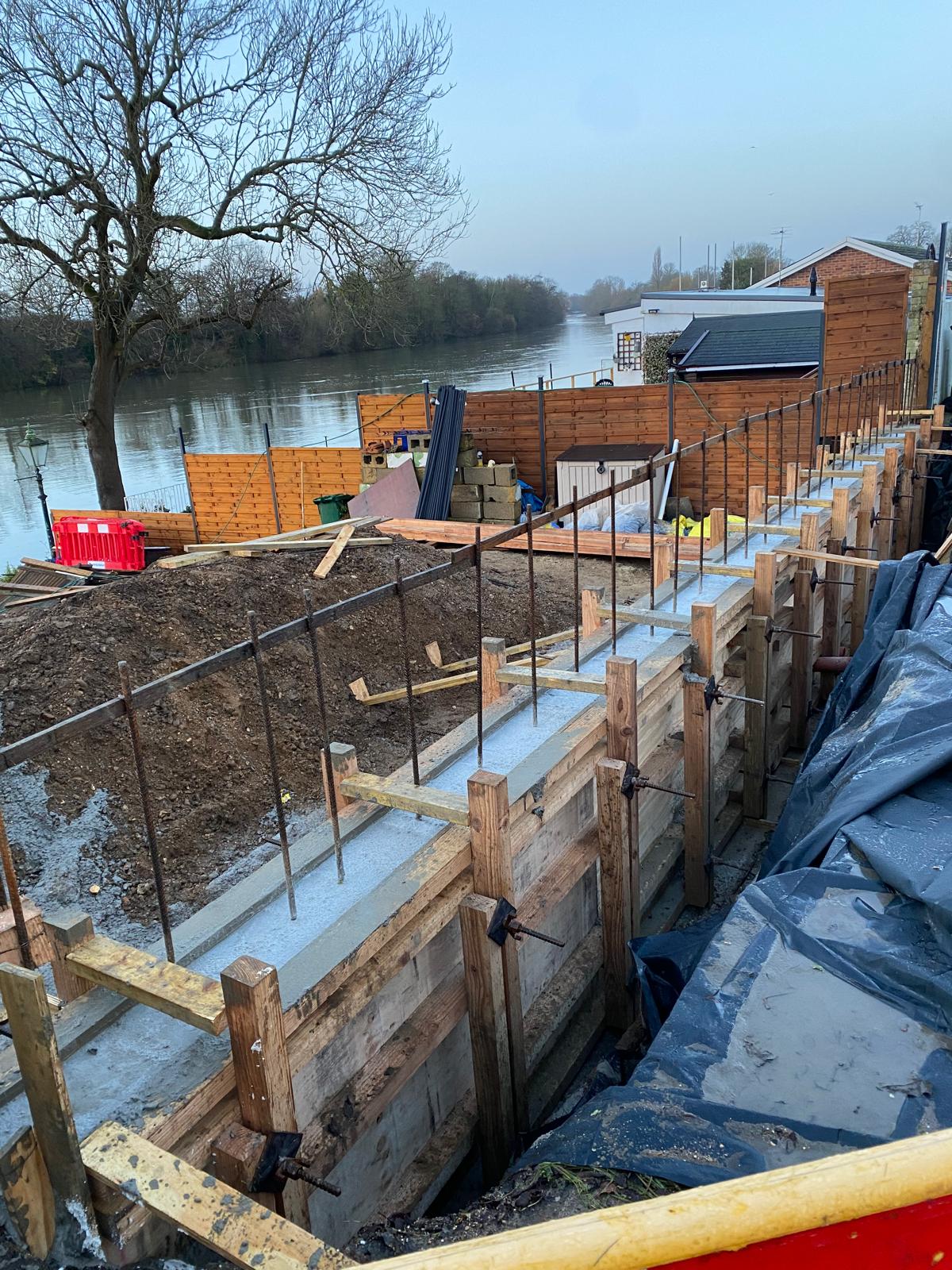What are the Different Types of Rebar?
December 12, 2024

Reinforcing bars, or rebar, are a common element in construction projects. Different types of reinforcing bars help to strengthen a concrete pile or column, and rebars improve the tensile strength of concrete columns, bars, or piles. Are you planning to construct a reinforced concrete slab or foundation? Do you need ideas on selecting the correct type of rebar for your construction project? First, you need to know what types of rebars are used in construction. Read on to learn about different types of rebars used in construction projects. You’ll learn about different types of rebars and their unique characteristics.
Carbon steel rebar
One of the most commonly used rebar is the carbon steel rebar. The high carbon content in the reinforcing bar gives it the iconic black colour. This is why it is also called the ‘black’ rebar. These types of rebars have excellent tensile strength. One of the downsides of carbon steel rebar is its vulnerability to corrosion. It can undermine the structural integrity of the concrete and develop cracks around it.
Epoxy coated rebar
Epoxy-coated rebar is a better version of carbon steel rebar. It has an extra coating of epoxy on carbon steel rebar to make it corrosion-resistant. The tensile strength of epoxy-coated rebar is similar to that of carbon steel rebar. If you have the budget and are willing to increase the lifetime of the rebar used in your construction project, you should go for epoxy-coated rebar. It will safeguard the reinforcing bars from corrosion and maintain the structural strength of your building.
Mild steel rebar
Mild steel rebar is made of iron and carbon, but it has a relatively lower percentage of carbon, around 0.16% to 0.29%. The lower carbon content makes it less vulnerable to corrosion and improves its elasticity. These reinforcing bars are available in different diameters, from 6mm to 50mm. Mild steel rebar is most suitable for joints in concrete for its flexibility.
Deformed steel rebar
The name deformed steel rebar comes from the seeming deformity on the surface of the rebar. This type of reinforcing bar has patterns or indentations on its surface that increase the bond with the concrete. It also helps to improve the tensile strength of the concrete. Deformed steel rebar can improve the structural integrity of a structure if it comes with added epoxy coating. Speaking about resistance against corrosion, two types of deformed steel rebars are there:
Thermo mechanically treated (TMT) bars TMT rebars are treated with heat to make them incredibly strong and highly corrosion-resistant.
High-strength deformed bars This type of bar, unlike TMT, is cold-processed. It also has excellent tensile strength and resistance to corrosion, but it is relatively economical to produce.
European rebar
European rebar is a less expensive reinforcing bar that uses an alloy of steel and manganese. The choice of alloy makes it easy to bend, which denotes reduced strength of the rebar. You should not use European rebar if you plan to use it in an earthquake-prone area. You should not use these bars if the building is in a region with extreme weather.
Galvanised rebar
Galvanised reinforcing bars are superior corrosion-resistant. The galvanised bar's coating is much more corrosion-resistant than the epoxy-coated reinforcing bars. Epoxy-coated reinforcing bars have a delicate epoxy coating that can wear off during transportation or construction. The high value of galvanised rebar comes with a higher price than carbon steel rebar or epoxy-coated rebar.
Glass Fibre Reinforced Polymer (GFRP)
Glass fibre reinforced polymer (GFRP) is an excellent option for reinforcing bars because it is fully corrosion-resistant. It is almost similar to carbon fibre. While it can be used as a reinforcing bar in construction, it cannot be bent or given a customised shape on site, making it a significant challenge for construction projects. GFRP comes with a high cost, limiting its usage for customers with budget constraints.
Stainless steel rebar
A stainless steel reinforcing bar is another type of rebar that is highly resistant to corrosion and damage. This type of rebar is the most highly valued in the construction industry and is more expensive than epoxy-coated rebar.
What are the grades for rebars in the UK?
The European system for the standard grades of steel has a specific system. It starts with a letter, followed by a number, and ends with a letter.
For reinforced concrete construction, the grades of steel bars start with the letter 'B', and the number 500 represents the yield strength of the bar. The final letter, A, B, or C, represents its design and structural strength.
B500A - It is mainly used for reinforced meshes.
B500B - Mainly used as a reinforced bar.
B500C is a highly ductile, hot-rolled steel rebar for reinforced concrete construction.
Concluding thought
The construction industry has a wide range of reinforcing bars, such as carbon steel rebar, epoxy-coated rebar, galvanised rebar, and stainless steel rebar. You should select a reinforcing bar depending on your budget and the construction area. If you have a higher budget, go for galvanised or stainless steel rebar. Otherwise, you can opt for epoxy-coated reinforcing bars for better protection against corrosion. Alternatively, you can contact Reinforced Concrete Contractors and let us deal with the selection of rebars for your construction.